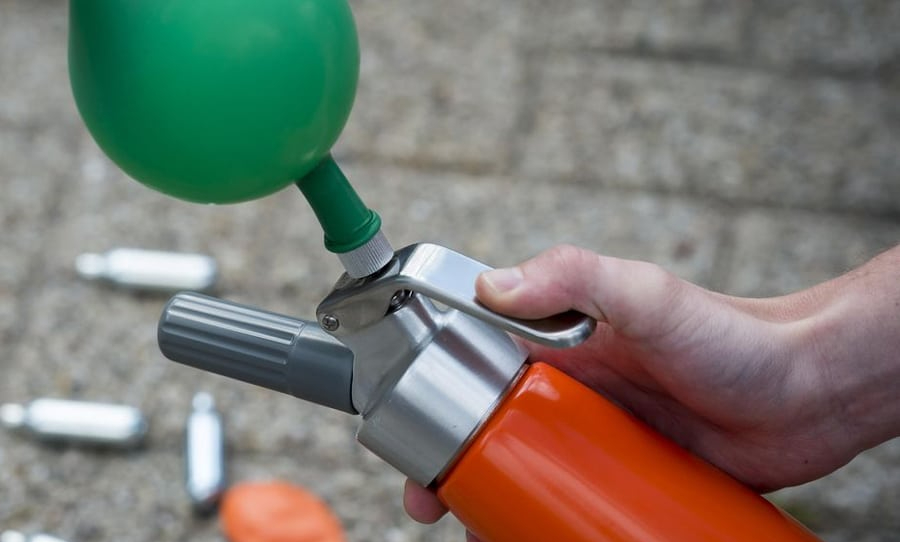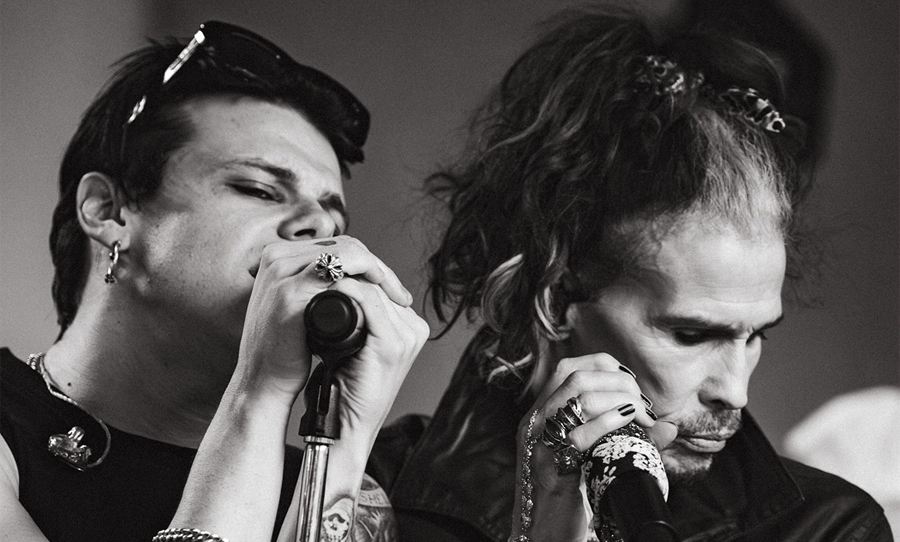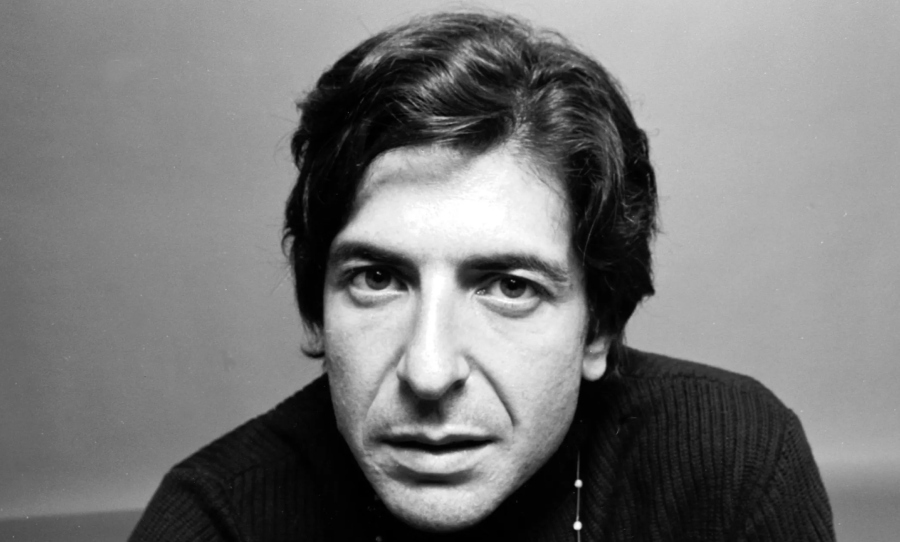Laughing gas has been heralded as an unexpected solution for treating depression after patients responded positively to treatment.
Nitrous oxide, commonly known as laughing gas, could pioneer the way forward in treating depression after low doses prove effective.
Appearing in the Science Translational Medicine Journal, researchers found that a single inhalation of 25 per cent nitrous oxide was successful in reducing levels of depression within patients.
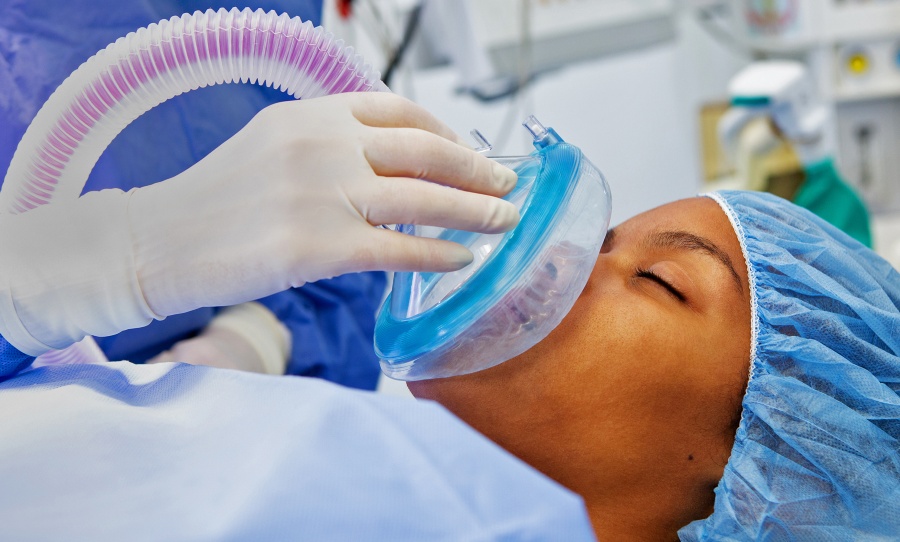
Discovered as producing effects faster than previous treatments, the patients involved in the study failed an average of “4.5 anti-depressant trials“.
One hour of exposure to the laughing gas, and patients susceptibility to depressive states decreased over a few weeks.
This could be due to its ability to directly target the NMDA receptors and produce noticeable effects at a faster rate.
A new study suggests that inhaling laughing gas for more than an hour can relieve depression for weeks. Maybe I will see my dentist!
— Matthew Winegarden (@mdgwinegarden) June 9, 2021
These patients were exposed to 50 per cent nitrous oxide.
Unfortunately, despite the positive insights, patients were only studied for 24 hours which inhibited researchers from concluding if the results were permanent or temporary.
Additionally, patients experienced some negative side effects including “nausea, light-headedness, and sedation.”
This led researchers to question the possible success of a lesser dose in boosting serotonin and treating depression.
In an attempt to achieve results with less side effects, researchers distributed two separate bouts of nitrous oxide to patients, one which 50 percent and another with 25 percent.
These bouts were distributed over three, one hour sessions that were spaced out over a four week period.
The patients who received 25 percent nitrous oxide experienced zero nausea. Additionally, this level of dosage was almost as effective as the higher dose at relieving depression.
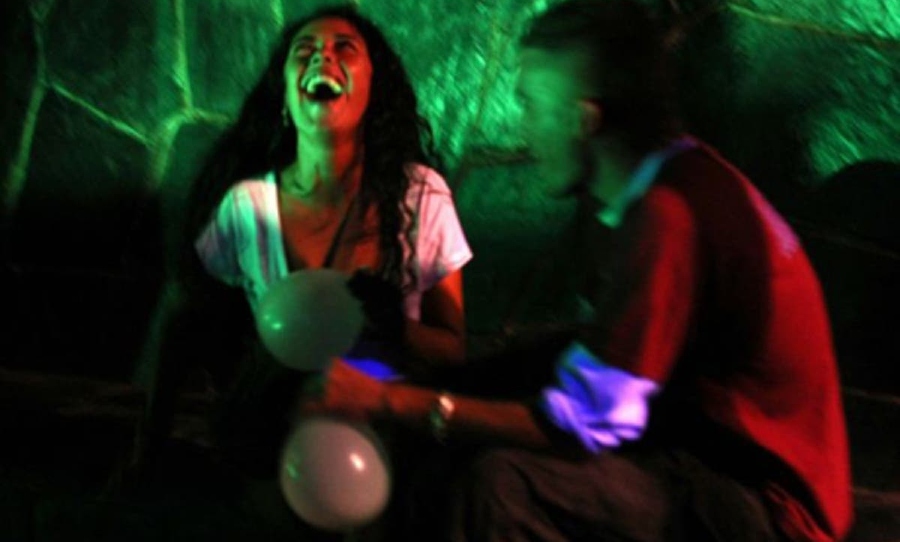
An impressive 85 per cent of patients experienced significant improvements in their depression at the study’s conclusion, with 55 per cent improving in around half of their symptoms and 40 per cent entering remission.
Similarly, LSD and ketamine have also been linked to easing depression. In addition, LSD has been found to “free up” more brain activity as it disrupts repetitive and excessive thinking that can leave individuals feeling trapped and depressed.
It has been particularly helpful with people suffering from anxiety and post-traumatic stress disorder. Regarding treatment via ketamine, the FDA released a “ketamine-like” nasal spray to help combat the mental-health disorder.
However, due to its “highly addictive nature” ketamine is being ruled out in favour of “low-dose nitrous oxide” due to it’s absence of side effects.
Additionally, ketamine patients require two hours of observation following treatment, whereas nitrous oxide patients can recover quickly from the side effects.
On a final note, if this article has left you feeling inspired to go on a nang bender with your besties, be safe and open to experiencing some good ol’ fashioned nausea and vomiting along with your euphoria!
